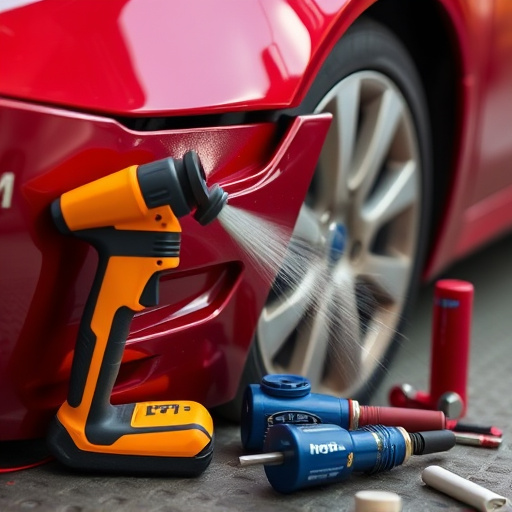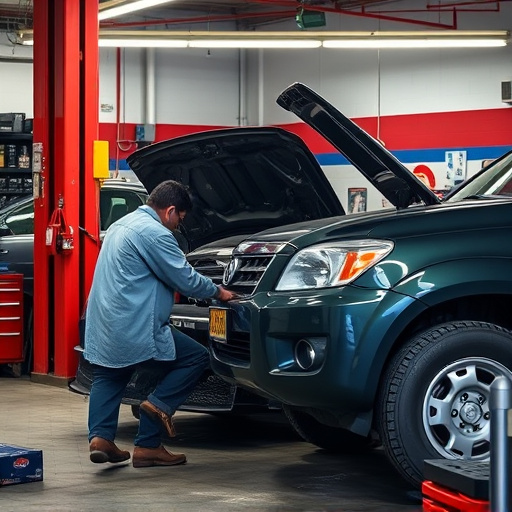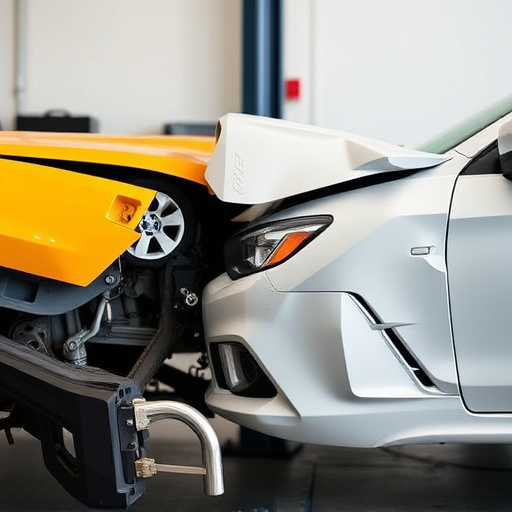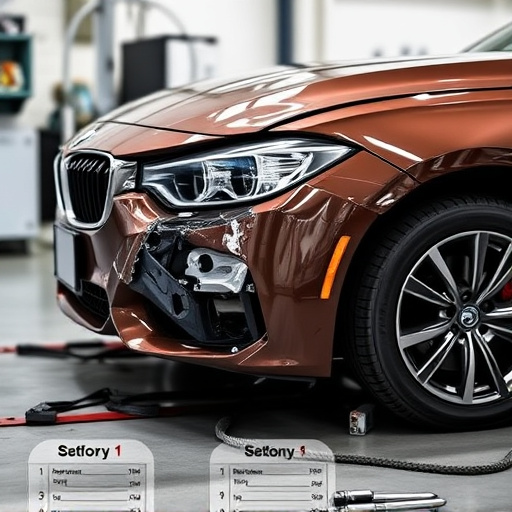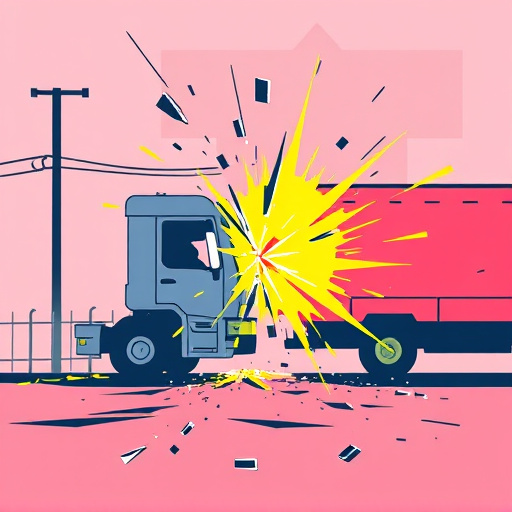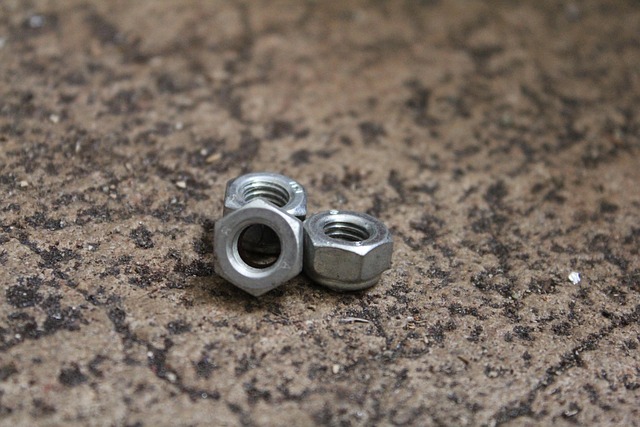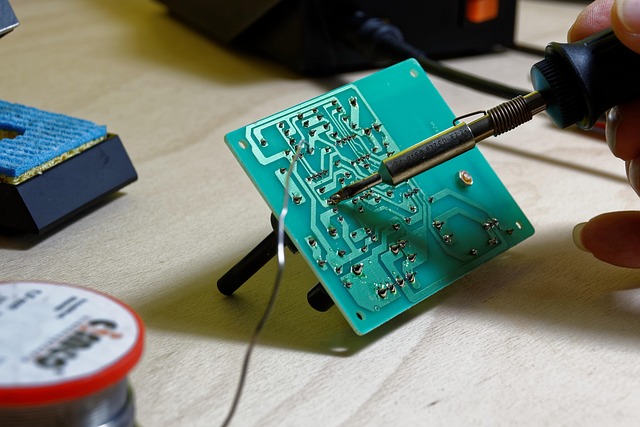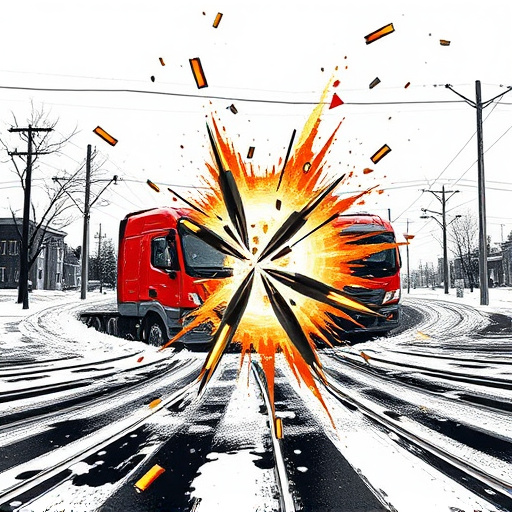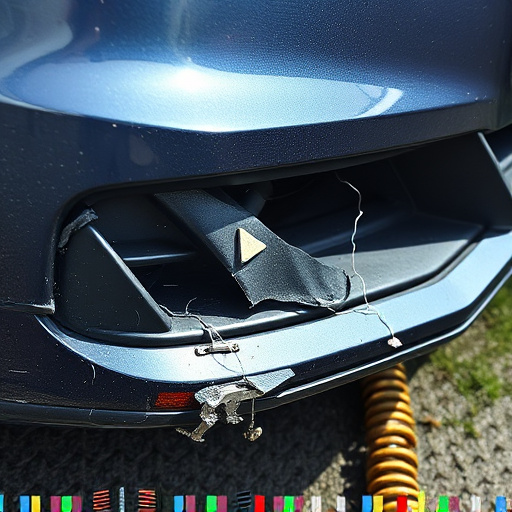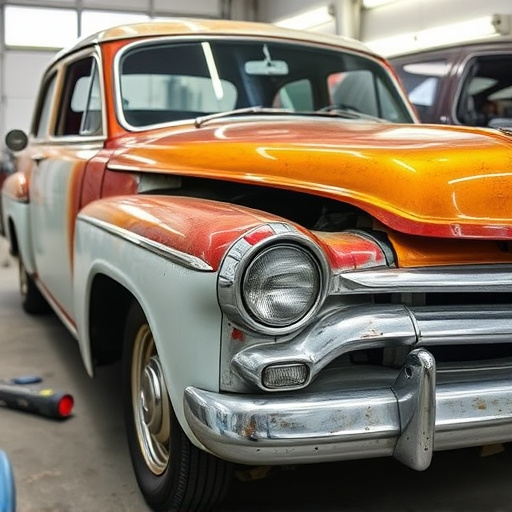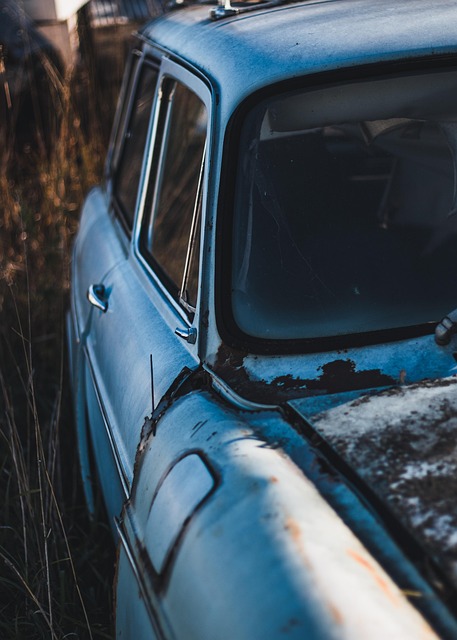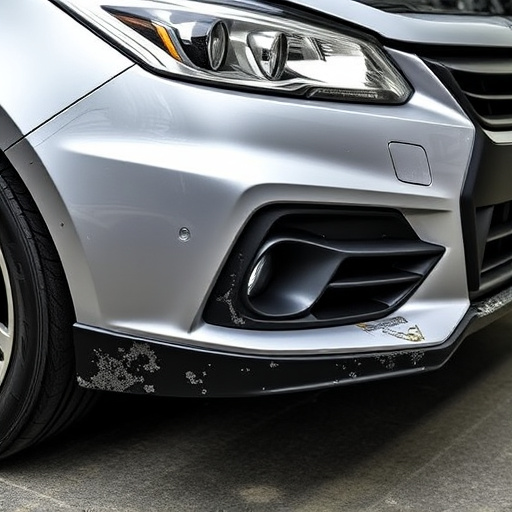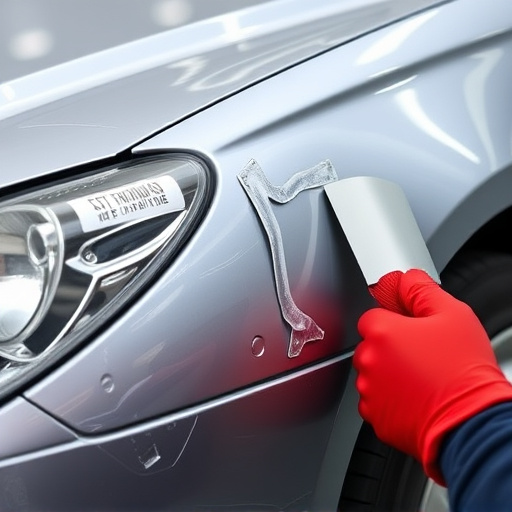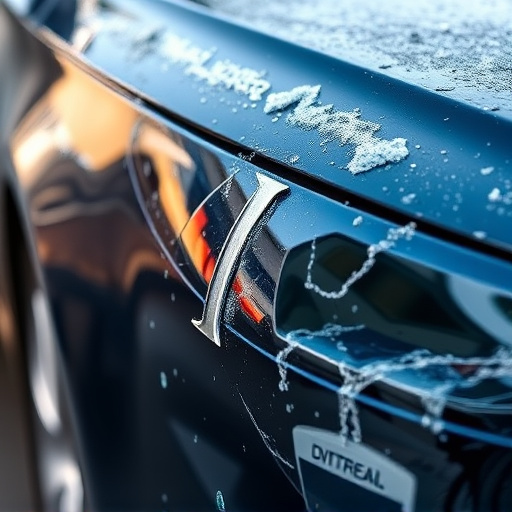Global vehicle safety restoration practices aim to maintain public safety and ethical standards. Countries mandate thorough inspections and repairs for damaged vehicles, focusing on structural integrity, mechanical systems, and safety features. Non-compliant repair facilities face legal repercussions. Incomplete vehicle safety restoration poses significant risks, leading to increased road hazards and potential liabilities for all involved. Consumer protection laws offer protections, including compensation and mandatory rectification at no additional cost. Non-compliance can result in severe consequences for luxury car brands like Mercedes-Benz.
In an era where road safety is a paramount concern, incomplete vehicle safety restoration poses significant legal and consumer protection challenges. This article delves into the intricate web of regulations surrounding vehicle safety, exploring the legal framework for restoration, the impact of subpar repairs on liability, and the rights—and remedies—available to consumers. Understanding these implications is crucial for both automakers and drivers in ensuring adherence to safety standards.
- Legal Framework for Vehicle Safety Restoration
- Implications of Incomplete Repairs on Liability
- Consumer Rights and Remedy Options
Legal Framework for Vehicle Safety Restoration
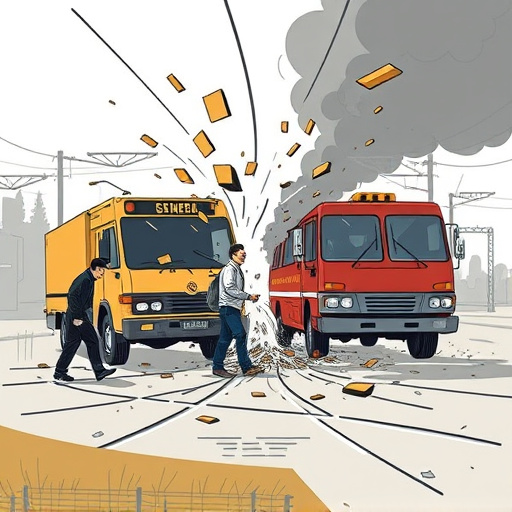
The legal framework governing vehicle safety restoration varies across jurisdictions, but common themes revolve around ensuring public safety and promoting ethical business practices within the automotive industry. In many countries, regulations mandate that vehicles involved in accidents undergo comprehensive inspections and repairs to meet specific safety standards before being returned to the road. These standards often cover structural integrity, mechanical systems, and safety features such as airbags and brakes. Non-compliance can lead to legal repercussions for repair facilities and individuals responsible for the restoration process.
When a vehicle is restored by an auto collision center or car repair services, it’s crucial to adhere to strict guidelines. Automotive restoration companies must be licensed and certified to perform such work, ensuring they possess the necessary expertise and equipment. Moreover, they are legally bound to use genuine parts or equivalent replacements that maintain or enhance the vehicle’s safety profile during the repair process. This is particularly important as defective repairs can pose significant risks to drivers and passengers, leading to potential legal liabilities for both the repairer and the owner of the restored vehicle.
Implications of Incomplete Repairs on Liability

The implications of incomplete vehicle safety restoration can have significant legal repercussions for all parties involved—from car owners to automotive businesses and manufacturers. When a vehicle undergoes repairs, ensuring that the restoration is thorough and adheres to safety standards is paramount. Any lacuna in the repair process could lead to potential hazards that may manifest during future use, exposing the responsible party to liability.
In cases where collision repair services or car bodywork services are subpar, clients might face increased risks on the road. This could result in further accidents, injuries, or even fatalities, which could trigger legal action against the vehicle body shop or manufacturer for negligence. Consequently, incomplete repairs not only undermine consumer safety but also create a chain of liability that can have severe financial and reputational consequences for the involved entities.
Consumer Rights and Remedy Options
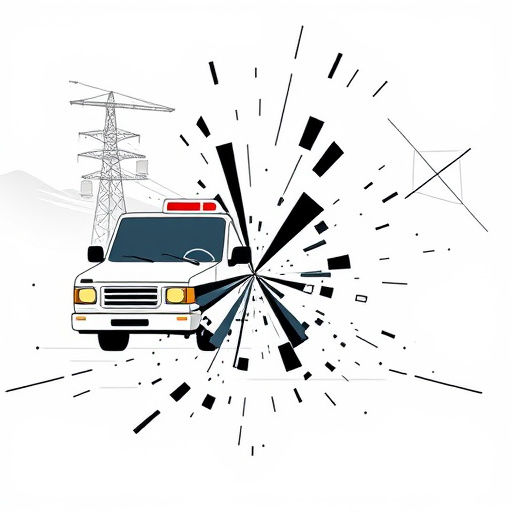
When a vehicle undergoes incomplete vehicle safety restoration, consumers may face significant risks. In many jurisdictions, consumer protection laws are in place to safeguard buyers against such issues. These laws offer various remedy options for individuals who have had their vehicles restored with subpar or inadequate safety measures. One of the primary rights is the right to seek compensation for any injuries or damages resulting from a defective restoration. This can include financial reimbursement for the cost of repairs, replacement, or even the vehicle’s total value if it cannot be made safe.
Additionally, consumers have the right to demand that the responsible parties, often collision centers or automotive repair shops, rectify the issues at no additional cost. For luxury car brands like Mercedes-Benz repair, where safety is a paramount concern, incomplete restoration can lead to legal repercussions for the repair facility. Consumers are encouraged to thoroughly understand their rights and seek expert advice to ensure they receive fair treatment and that their vehicles meet the necessary safety standards.
The incomplete restoration of vehicle safety systems presents significant legal complexities, impacting both manufacturers and consumers. As evidenced by the discussions on legal frameworks, liability, consumer rights, and remedy options, proper adherence to regulations and thorough repairs are essential to mitigate risks and ensure road safety. Understanding these implications is crucial for all parties involved in the vehicle safety restoration process, fostering a culture of accountability and responsible practice within the industry.
